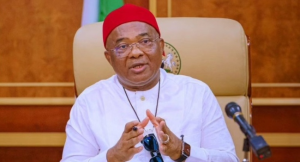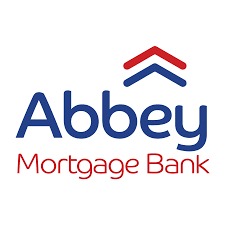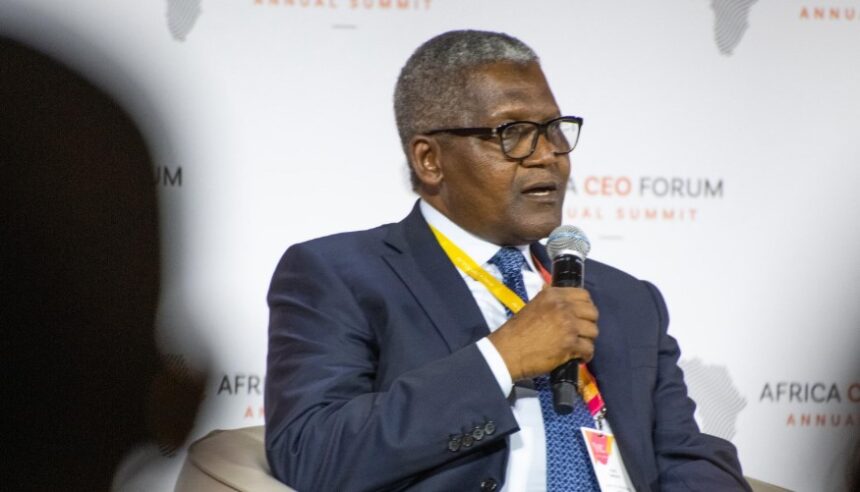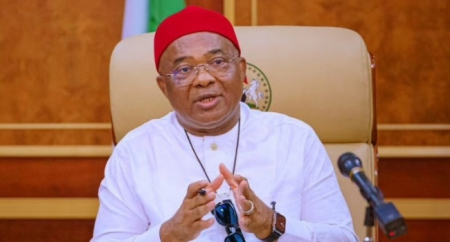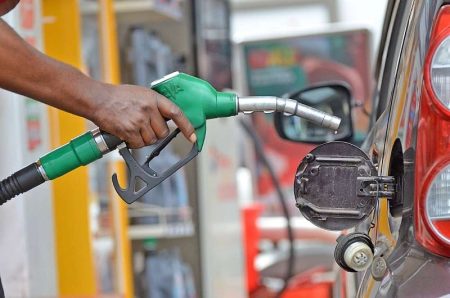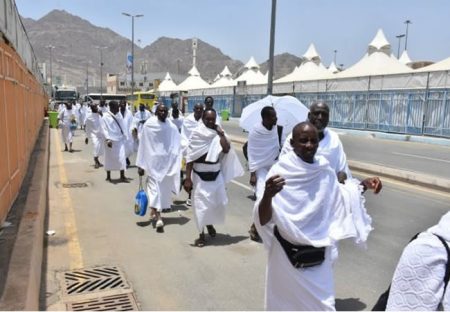Aliko Dangote, President of the Dangote Group, revealed during a visit by the ECOWAS Commission President, Dr. Omar Touray, that the Dangote Refinery has significantly impacted fuel prices in Nigeria. The refinery, with a capacity of 650,000 barrels per day, sells petrol at a price range of N815 to N820 per litre, which Dangote highlighted is approximately 55% of the average price of $1 (N1,600) per litre in neighboring West African countries. This price reduction, he explained, is a direct consequence of local refining, which strengthens energy security, reduces import dependency, and ultimately enhances fuel affordability for Nigerians. Dangote emphasized the refinery’s role in driving down production costs across multiple sectors, including mining and agriculture, benefiting the Nigerian economy as a whole.
The impact of the Dangote Refinery extends beyond Nigeria’s borders, with the potential to meet the petroleum needs of the entire West African region. Dangote countered claims that the refinery lacks sufficient capacity for local and regional demand. He affirmed that the ECOWAS officials’ visit provided firsthand evidence of the refinery’s capabilities and encouraged other nations to embark on similar large-scale industrial projects. This aligns with Dangote’s longstanding belief in Africa’s need to reduce reliance on imported goods, fostering economic sovereignty and development. He highlighted the refinery as a testament to Africa’s potential to build world-class facilities and emphasized the need for local production as a catalyst for development.
Dr. Touray, the ECOWAS Commission President, lauded the refinery as a beacon of hope for Africa’s industrial future and a prime example of private sector-led development. Impressed by the scale and capacity of the facility, Touray urged a pan-African shift in mindset, encouraging belief in the continent’s potential. He stressed the importance of the refinery’s ability to produce fuel meeting the Euro V standard, crucial for ECOWAS’s aim to adhere to the 50ppm sulphur limit for petroleum products, a standard often unmet by imported fuels. This local production capability directly addresses health and environmental risks associated with sub-standard imported fuel. Touray advocated for private sector leadership in ECOWAS industrialization, emphasizing the need for regional self-sufficiency.
Touray emphasized the importance of collaboration between governments and the private sector. He called for policy decisions that reflect the realities faced by African industrialists and reiterated ECOWAS’s commitment to engaging with the private sector, understanding their challenges, and fostering a conducive business environment. The visit, he said, provided valuable insights into the operational landscape, allowing ECOWAS to better understand and address the challenges faced by businesses like the Dangote Group. This participatory approach aims to create policies that actively support industrial growth.
Addressing broader economic challenges, Touray highlighted the urgent need for a robust industrial strategy to combat issues such as youth unemployment, poverty, and insecurity within the ECOWAS region. He pledged the commission’s support in facilitating the Dangote Group’s access to wider ECOWAS markets, encouraging other African nations to emulate Nigeria’s infrastructure development model focused on continental benefit. This regional approach, he argued, is crucial for sustainable and inclusive growth.
The ECOWAS delegation, which included key commissioners and officials, underscored the significance of the visit and the Dangote Refinery’s role in regional development. Their presence signified ECOWAS’s commitment to fostering private sector-led industrialization and regional economic integration. The Dangote Refinery stands as a symbol of Africa’s potential for self-sufficiency and industrial advancement, inspiring hope for a brighter economic future for the continent.


